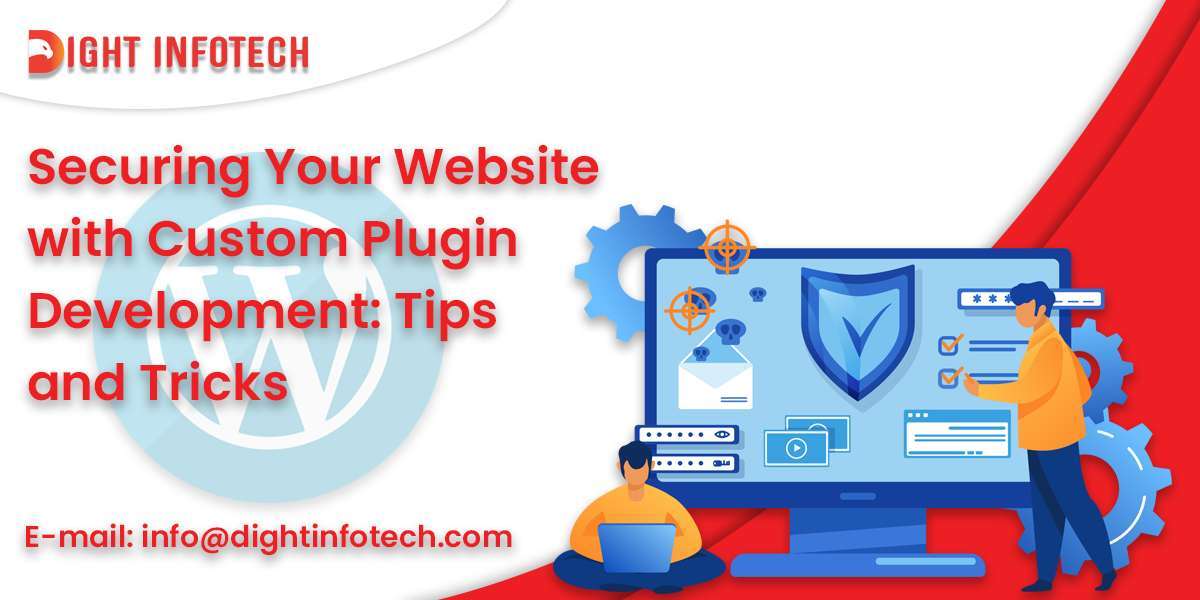Securing Your Website with Custom Plugin Development: Tips and Tricks
Website security is most importance. With increasing instances of cyber attacks and data breaches, it is essential to ensure that your website is secure. One of the most effective ways to secure your website is by developing custom plugins. Custom plugins can add an extra layer of security to your website and protect it from … Read more
